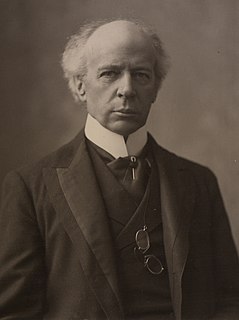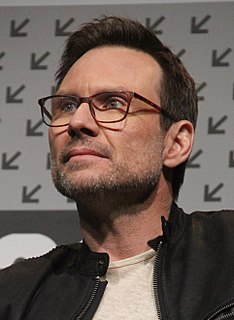A Quote by Thomas G. Long
Belief is the capacity to see not only life's surfaces but also its holy depths, to be able to look at events unfolding around us but also to look through them, above them and beneath them to preceive what is truly happening.
Related Quotes
Wisdom is looking at life from God's point of view. You look at life's difficulties and tests as God looks at them. You look at family life and child rearing as God looks at them. You interpret current events as God would interpret them. You see the truth even though all around you are deception and lies.
My belief is that we were put into this world of wonders and beauty with a special ability to appreciate them, in some cases to have the fun of taking a hand in developing them, and also in being able to help other people instead of overreaching them and, through it all, to enjoy life - that is, to be happy.
I'd like them to see that those things that set us apart or make us different can be wonderful contributions to the world around us. I'd like them to see that size and color are irrelevant to the dreams we envision for ourselves. And I'd also love for them to see that life is a journey, and every step of the way, we can learn something and become stronger and wiser.
Most of us hide behind egocentric biases that generate the illusion that we are special. These self-serving protective shields allow us to believe that each of us is above average on any test of self-integrity. Too often we look to the stars through the thick lens of personal invulnerability when we should also look down to the slippery slope beneath our feet.
We don't look at problems logically, we look at them emotionally. We look at them through the guts. We look at them as if we're doing a high school problem, like what is beautiful, what makes me recognized among my peers. We don't go and think about things. We, as a society, don't wish to engage in rational thought.
For not by art does the poet sing, but by power divine. Had he learned by rules of art, he would have known how to speak not of one theme only, but of all; and therefore God takes away the minds of poets, and uses them as his ministers, as he also uses diviners and holy prophets, in order that we who hear them may know them to be speaking not of themselves who utter these priceless words in a state of unconsciousness, but that God himself is the speaker, and that through them he is conversing with us.
Sure, kids want to read whatever is the hot book, and of course they want to read fantasy and any kind of speculative fiction, but they also like to read stories with kids that look just like them, that have the same problems as them. And I've noticed that what they particularly want to see is to see those characters prevail. So they don't want sanitized situations. They want stories to be raw, they want them to be gritty, but they also do want to see the hope at the end of the story.


































